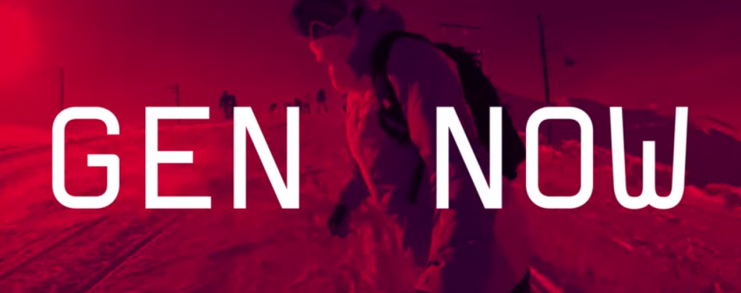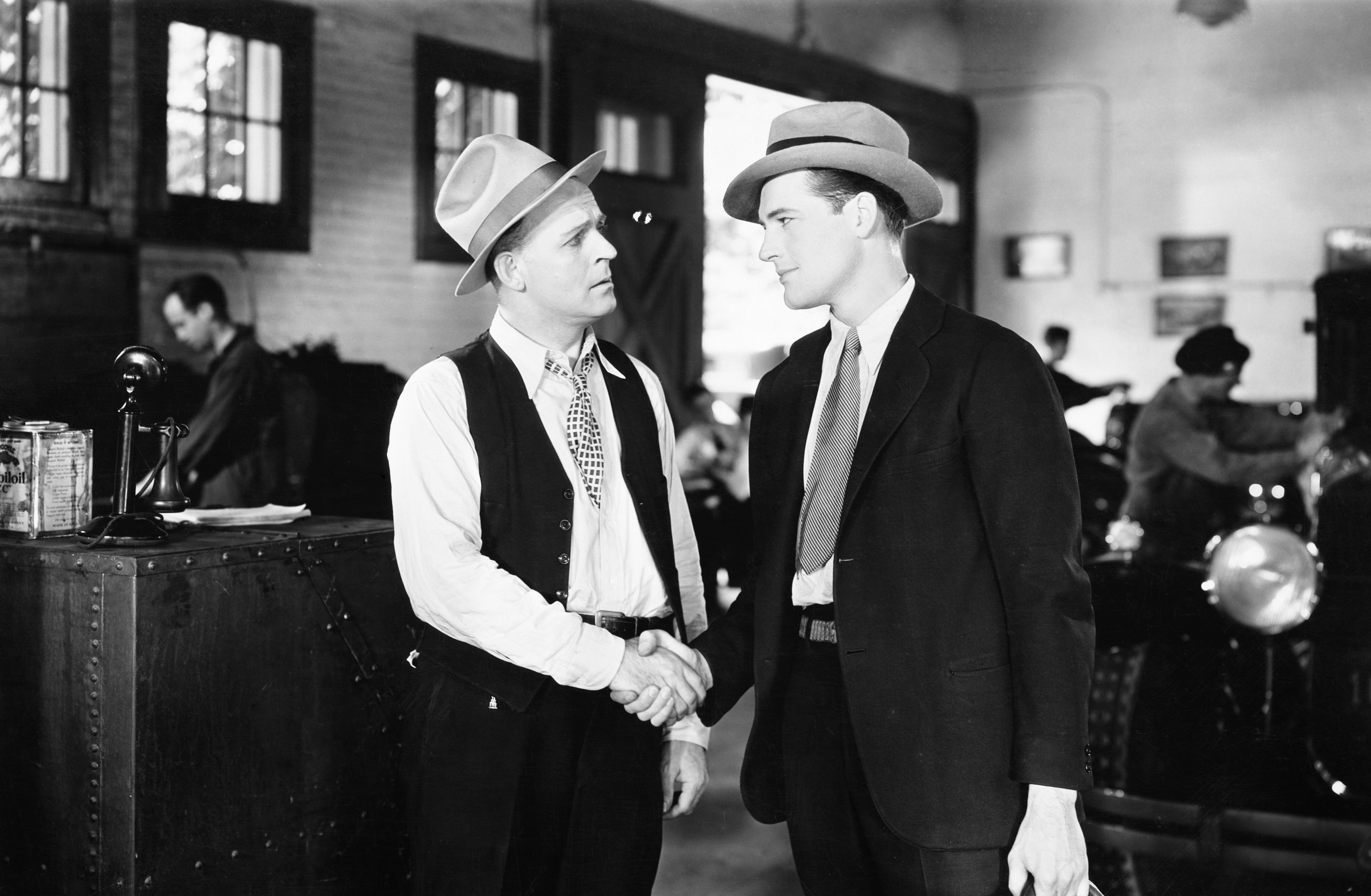Closed-Loop Marketing, by David Hunt
Part II, a roadmap to success
Please first read Part I, Start and therefore finish with insight

It’s a well-trodden path, yet very few make it to the ambition – high value customer interactions that build long-term brand equity. What happens? Where does it all become too difficult? When do organisations default to the status-quo?
Below are five tips established through more than a decade’s experience of hits and misses (from which you tend to learn more, ask Google).
Is imagination more important than perspiration in the pursuit of CLM?
Of course not. It takes commitment, it takes expertise & it takes total belief across an organisation. But how do we ensure dedication? How do we engage exceptional talent? How do ensure buy-in? Through case studies – we’ve seen them. Through stats – we’ve heard them. Due to awards – big deal. You win by imagination, you win by inspiring your organisation, you win by conceptualising an experience that really will be exceptional.
Tip 1 – Lead with an idea, lead with a vision, lead with imagination.
“Hire people who are better than you are, then leave them to get on with it.”
David Ogilvy
The smartest people know to surround themselves with knowledge & expertise. I’m often amazed at individuals appetite for adventure, their brazen embrace of the unknown, and utter conviction in succeeding where others fail. It’s even more surprising when their qualifications are at odds with their latest challenge. Find someone with the t-shirt, someone with the battle scars, someone who knows how to succeed in CLM. Work with an expert, someone who can realise the ambition & become a catalyst for your success.
Tip 2 – To be the best, you need to work with the best.
The more you put in, the less they need to
Today we need almost instant gratification. We are spoilt in our interactions, and accept nothing less than an exceptional experience. As such the field demands an intuitive, flexible & rapid interface. The more we invest, the more 1% improvements we drive, the more we will engage the field, build their confidence and improve their performance. The more we do, the less they have to.
Tip 3 – The field force are your consumers, they need a consumer digital experience and not a pharma digital experience.
All platforms are equal, but some are more equal than others
I have never heard: “We’re really pleased with our platform, it’s exceeded all of our expectations!” Equally, I’ve never heard someone describe their OS, office software or email package as exceeding their expectations. Bizarre that whilst we are ambivalent to bugs from software power houses like Apple, we expect flawless solutions from software service providers to pharma. I’m not saying we should expect shoddy work, just that perspective will ensure we focus our efforts most appropriately. It’s easy to identify flaws in a platform, and easy to blame. Be brave and focus on the real issues limiting success.
Tip 4 – Remember it’s just a platform, and only part of the answer.
Perfection is enemy the enemy of good
In a digital world the best we can hope for is #FinalForNow. There will always be something new on the horizon. Waiting & wondering, standing on the side, reserving judgement – that’s easy. Being bold, seizing the initiative, capitalising now – is much more difficult. Guaranteed, in less than 12 months there’ll be better hardware, better software, more developed philosophies. Also guaranteed, the company that acted will be the company that leads.
Tip 5 – Don’t wait for the next technology push, it will always come round the corner.









